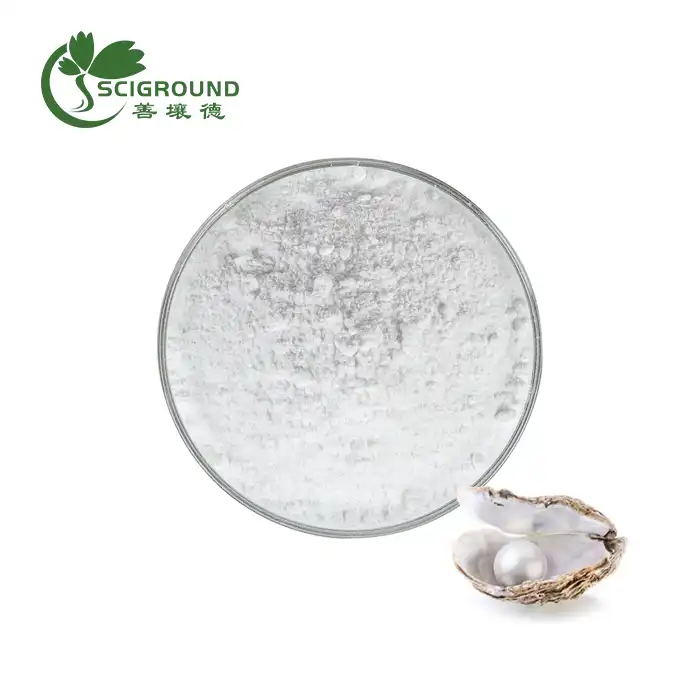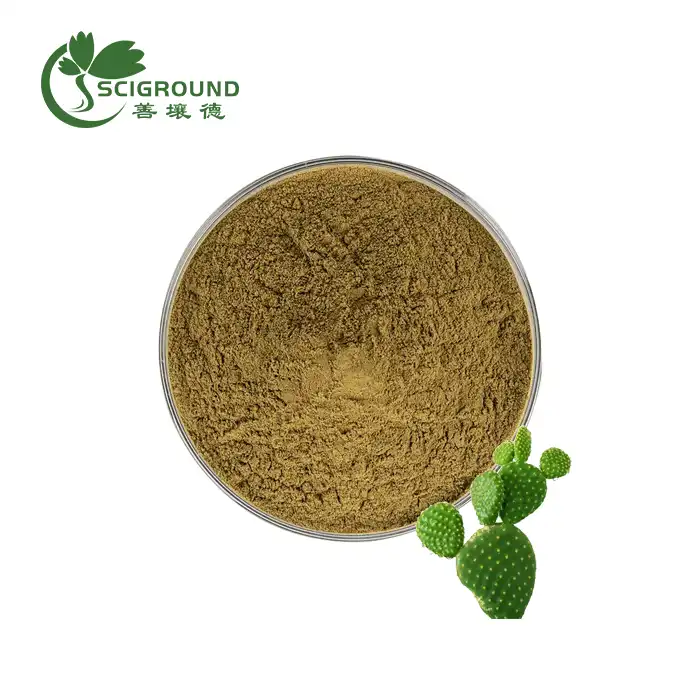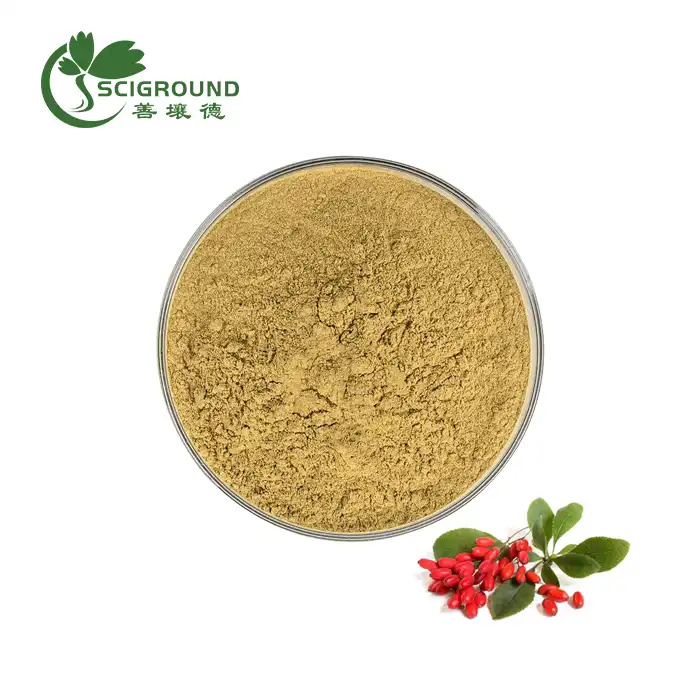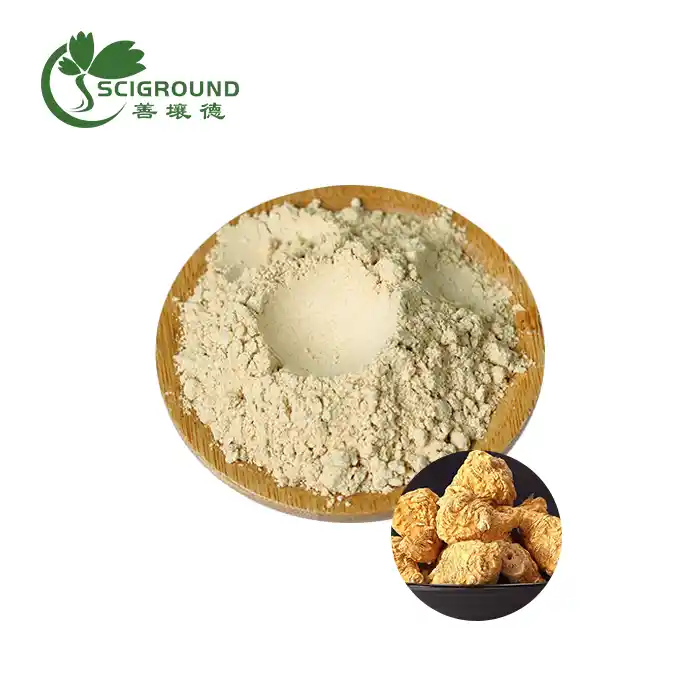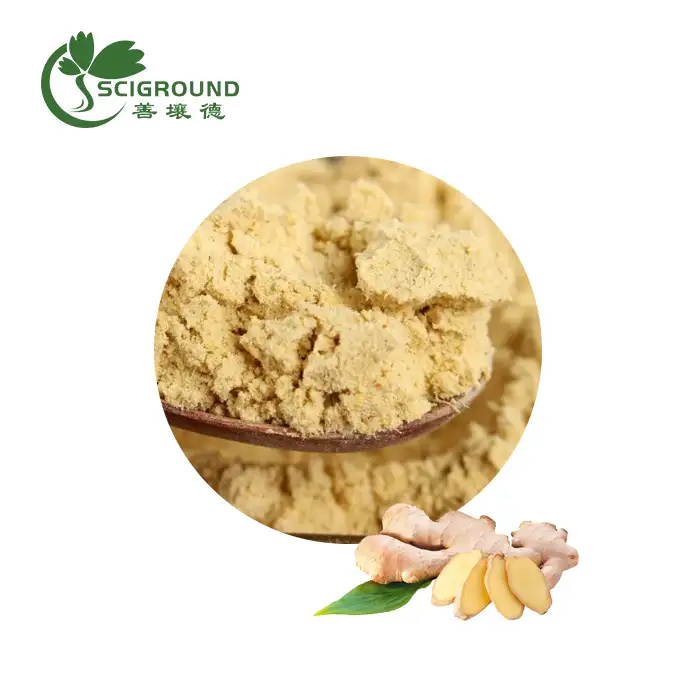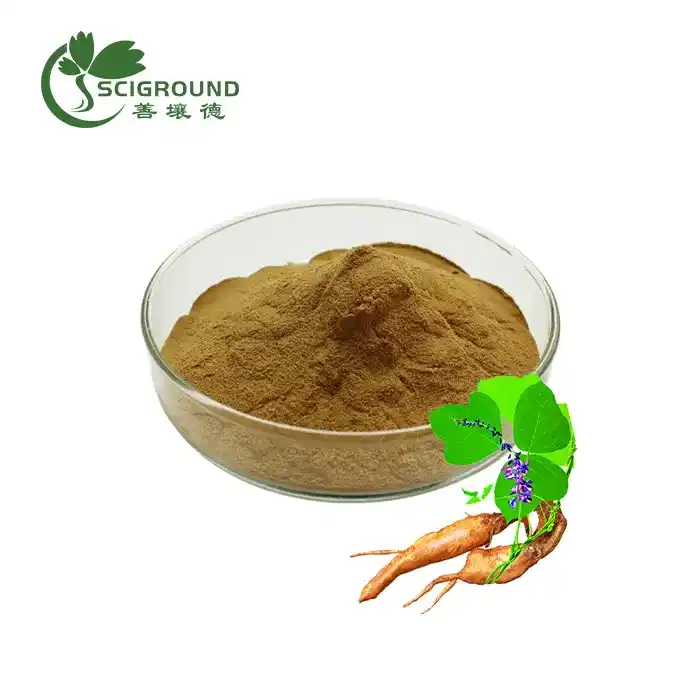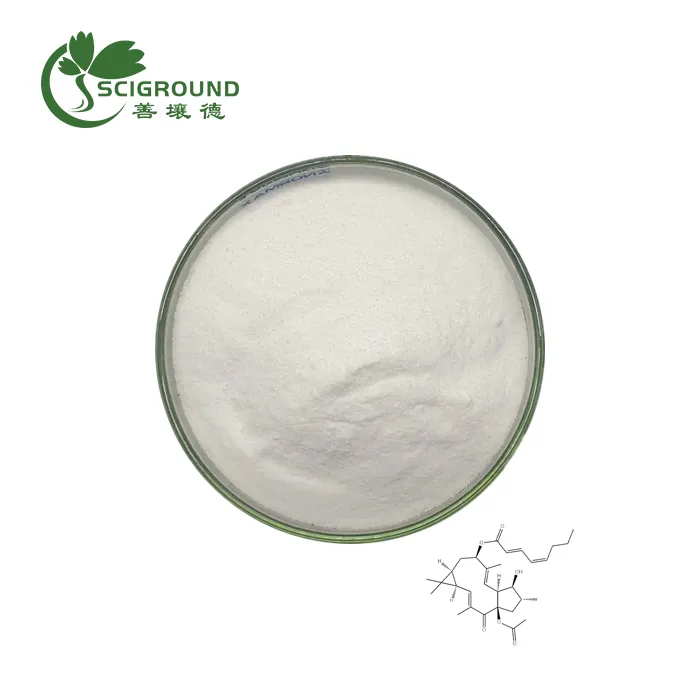Inulin vs Erythritol
Erythritol may be used in combination with other ingredients due to its sugar-like properties, so it is always best to check the ingredients list for any harmful artificial sweeteners. Inulin is a soluble, prebiotic fibre that is found in many fruits, vegetables and herbs, as well as in manufactured forms.
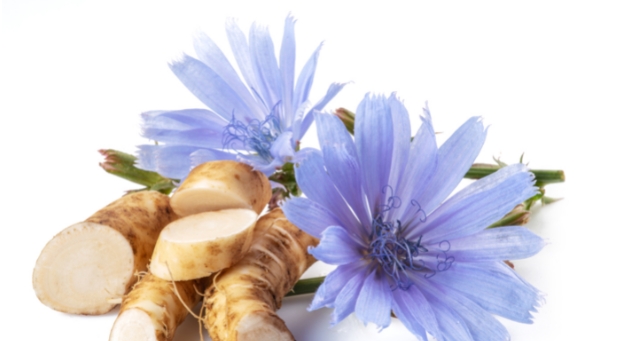
What is Inulin?
Inulin is a type of soluble fiber that is commonly extracted from chicory root. Unlike normal digestible carbohydrates, inulin fiber passes through the upper part of the gastrointestinal tract undigested until it reaches the colon.
In the colon, inulin acts as a prebiotic - it feeds the good bacteria that live there. This helps boost digestive health and immunity. Some of the key benefits of inulin include:
Supports growth of beneficial gut bacteria
Improves digestion and bowel regularity
Helps manage weight by increasing feelings of fullness
Helps control blood sugar and cholesterol
Boosts calcium and mineral absorption
Anti-inflammatory effects
Inulin has a slightly sweet taste, though not as sweet as sugar. It provides about 1-1.5 calories per gram. Brand name inulin products include Frutafit and Frutalose.
When reading ingredient labels, inulin may also be listed as oligofructose, fructooligosaccharide (FOS), or chicory root fiber.
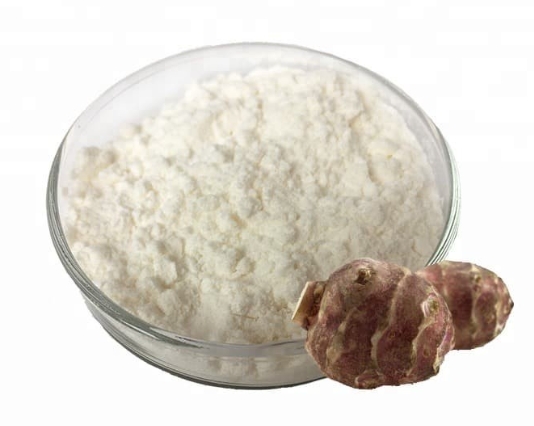
What is the Best Form of Inulin?
There are a few different forms of inulin that vary in chain length. These include:
FOS - short chain inulin, made up of 2-10 fructose units
Inulin HP - longer chain inulin with 10-60 fructose units
Inulin HPX - extra long chain inulin, typically with over 60 fructose units
For prebiotic benefits, inulin HP is generally considered optimal. The longer chains are more likely to make it to the colon undigested where they can feed your gut bacteria. FOS is more rapidly fermented so less arrives intact.
Inulin HP is ideal for boosting gut health, though those with sensitive stomachs may tolerate FOS better. Inulin HPX has enhanced benefits for blood sugar control.
Inulin as a Sugar Substitute
With its mildly sweet taste, inulin bulk powder can be used to replace sugar in recipes. It provides the sweetness without spiking blood sugar levels.
However, inulin is not as sweet as sugar - it's about 10% as sweet. So you may need to use more inulin or combine it with other sweeteners like stevia to achieve the desired sweetness.
Inulin works well in baked goods, beverages, yogurts, ice cream, and more. It also adds fiber and aids texture. Start by substituting about 20% of the sugar in a recipe with inulin and adjust to taste.
Too much inulin can cause digestive issues like bloating, so intake should be built up slowly. Start with 5 grams per day and increase gradually to 10-15 grams.
Is Inulin Bad for Blood Sugar?
Despite being made up of fructose chains, inulin itself does not raise blood sugar levels. However, combining inulin with high glycemic foods may slow digestion and absorption somewhat, leading to a lower blood sugar response.
Multiple studies have found beneficial effects of inulin on blood glucose regulation in both healthy and diabetic subjects. Animal studies also show inulin lessens insulin resistance.
The prebiotic effects of inulin - enhancing gastrointestinal health and microbial balance - are thought to play a role in these positive impacts on blood sugar.
So no, inulin is not bad for blood sugar control. If anything, it may help support healthy blood sugar levels when included as part of a balanced diet. More research is still needed.
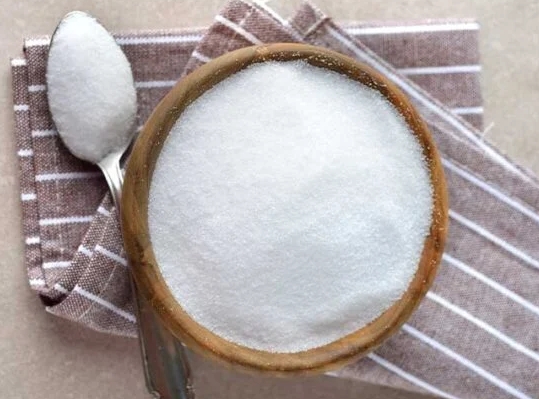
What is Erythritol?
Erythritol is a sugar alcohol that is used as a low calorie sweetener. Unlike wholesale inulin, erythritol is not digested or metabolized by the body so it provides almost no calories.
Erythritol occurs naturally in some fruits and fermented foods. However, commercially produced erythritol is made by fermenting glucose from corn or wheat starch.
Compared to table sugar, erythritol is about 60-80% as sweet but with 95% fewer calories. It has a clean, sweet taste without the unpleasant aftertaste of some other sugar alcohols.
Erythritol has some unique properties and benefits:
Zero net carbs, zero calories, does not raise blood sugar
Does not promote tooth decay or feed bacteria
Well tolerated, unlikely to cause digestive issues
Smooth mouthfeel and cooling effect
Greater stability at high temperatures than other sweeteners
Thanks to its stability and sugar-like texture, erythritol works very well in baked goods, candy, chocolate, jam, beverages and more.
Common brand names for erythritol include Swerve, Lakanto, Wholesome, and Zero. Check labels for erythritol as the main ingredient.
Erythritol and Gut Health
Unlike prebiotic inulin fiber, erythritol does not feed gut bacteria in the large intestine. However, it may support digestive health in other ways.
Erythritol is resistant to fermentation by oral bacteria. This prevents the tooth decay and destruction of enamel that can be caused by sugary foods.
One study also found erythritol may protect and strengthen the gut lining from damage caused by E. coli and other pathogens. More research is needed to confirm this effect.
The laxative effect sometimes seen with sugar alcohols is much less likely to occur with erythritol due to its unique absorption process. Overall, erythritol does not negatively impact gut bacteria and may provide some digestive benefits.
Inulin vs Erythritol: Which is Better?
So when it comes to choosing a healthy natural sweetener, which is better - inulin or erythritol? Here's a summary of how the two compare:
Taste
organic inulin powder bulk is mildly sweet, does not taste identical to sugar
Erythritol tastes very similar to sugar with a cooling effect
Calories
Inulin: ~1-1.5 calories per gram
Erythritol: 0.2 calories per gram
Metabolism
Inulin: Not digested, acts as soluble fiber
Erythritol: Absorbed but not metabolized by the body
Glycemic Impact
Inulin: Very low, does not spike blood sugar
Erythritol: None, does not affect blood sugar
Prebiotic Effect
Inulin: Strong prebiotic, feeds good gut bacteria
Erythritol: No prebiotic effect in the colon
Digestive Side Effects
Inulin: Can cause bloating if intake is too high
Erythritol: Well tolerated, less likely to cause issues
Use in Baking
Inulin: Adds fiber, texture, and moisture but less sweetness
Erythritol: Mimics sugar with no loss of sweetness, moisture, or texture
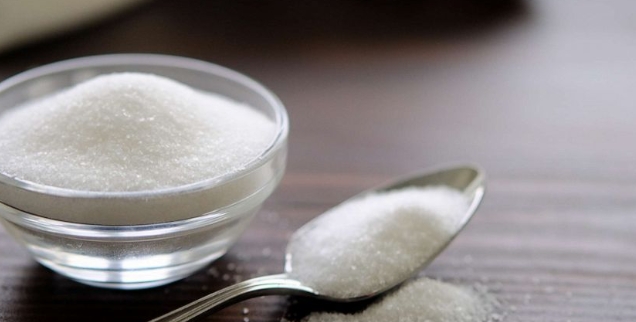
Which Sweetener is Best for Gut Health?
For specifically boosting the growth of beneficial bacteria in the colon, inulin is the superior choice. The prebiotic effects of inulin make it ideal for enhancing gastrointestinal health.
Erythritol does not feed gut flora but is unlikely to cause digestive problems. Overall, inulin has more evidence for improving gut function.
Inulin vs Stevia
Both inulin and stevia are plant-based sweeteners. However, they differ in a few key ways:
Stevia provides more potent sweetness than inulin
Inulin has a mild sweetness closer to sugar
Inulin adds fiber, texture, and moisture while stevia does not
Only inulin has prebiotic effects on gut bacteria
Combining stevia and inulin allows you to achieve greater sweetness with the added perks of fiber and prebiotics. This synergistic blend enhances the properties of each.
Is Inulin a Good Sweetener?
Inulin can be a very healthy sweetener option thanks to its low calorie count, mild sweetness, solubility, and robust prebiotic effects. It also contains beneficial fiber.
However, bulk inulin powder is not as sweet as sugar so you may need to use more of it or combine it with stevia or monk fruit. It can cause digestive issues if over-consumed.
For those looking to boost gut health, manage blood sugar, and substitute sugar in recipes, inulin is an excellent choice. Just introduce it slowly and be aware it may slightly alter texture.
What is the Safest Artificial Sweetener in 2023?
When it comes to artificial sweeteners, erythritol and stevia are likely the best options in 2023.
Erythritol occurs naturally and is generally well tolerated while providing zero calories. Pure stevia extract comes from the stevia leaf. Neither raises blood sugar.
Aspartame, saccharin, sucralose, and acesulfame K are more controversial artificial sweeteners with potential side effects from excessive consumption. They provide no health benefits beyond sweetness.
Natural sweeteners like inulin and monk fruit are ideal, but erythritol and stevia are the safest artificial sugar substitutes. Try combining them with inulin for the greatest gut and blood sugar benefits.
The Verdict: Inulin vs Erythritol
Both inulin and erythritol offer advantages when substituting sugar in the diet.
Bulk organic inulin powder works great for those looking to foster a healthy gut microbiome thanks to its prebiotic soluble fiber. It also aids digestion, regularity, mineral absorption, and weight management. Begin with small amounts.
Erythritol is perfect for replicating the taste and texture of sugar with zero glycemic impact or nasty side effects. It's extremely low in calories and keto-friendly.
Ultimately, combining inulin and erythritol provides the best of both worlds - great taste, gut health, and blood sugar support. The two can be seamlessly substituted for sugar in everything from coffee to cocktails to baked treats.
Focus on inulin for prebiotic benefits, erythritol for sweetness, or both to limit sugar and its harmful effects. Just be sure to enjoy them as part of a balanced diet. Your gut and taste buds will thank you.
We are the organic inulin manufacturer and supplier,If you want to know more about liquid inulin or are interested in purchasing, you can send an email to info@scigroundbio.com. We will reply to you as soon as possible after you see the message.
Roberfroid, M. B. (2007). Inulin-type fructans: functional food ingredients. The Journal of Nutrition, 137(11 Suppl), 2493S–2502S.
Livesey, G. (2003). Health potential of polyols as sugar replacers, with emphasis on low glycaemic properties. Nutrition Research Reviews, 16(2), 163–191.
Gibson, G. R., & Roberfroid, M. B. (1995). Dietary modulation of the human colonic microbiota: introducing the concept of prebiotics. The Journal of Nutrition, 125(6), 1401–1412.
Moon, Y. J., Cha, Y. S., & Cha, Y. S. (2015). Erythritol attenuates the palatability of high-sucrose diets and the alcohol intake in male rats. Appetite, 87, 299–308.
ABOUT AUTHOR

Celine Xu is a botanist with over 15 years of experience researching and developing plant extracts for nutritional and pharmaceutical applications. She leads an R&D team focused on identification, cultivation and extraction of medicinal plants. Celine Xu earned a Ph.D. in Plant Biology from UC Berkeley and has authored numerous articles in peer-reviewed journals about the health benefits of specific phytochemicals. She frequently speaks at industry conferences about new developments in plant extract research. Celine Xu is dedicated to advancing the scientific understanding of how targeted plant compounds can be used to improve human health.
Related Industry Knowledge
- What is Mogroside Monk Fruit?
- What is Alfacalcidol Powder
- What is Euphohelioscopin A?
- What are the different forms of quercetin?
- What are the active ingredients in polygala tenuifolia?
- What is Fisetin
- Vitamin B1 vs B12
- Is Pea Protein Gluten Free?
- Corn Silk Extract Powder: Unveiling the Health Benefits of Nature's Hidden Gem
- Stephania extract: Benefits, Dosage, and Purchasing Information
